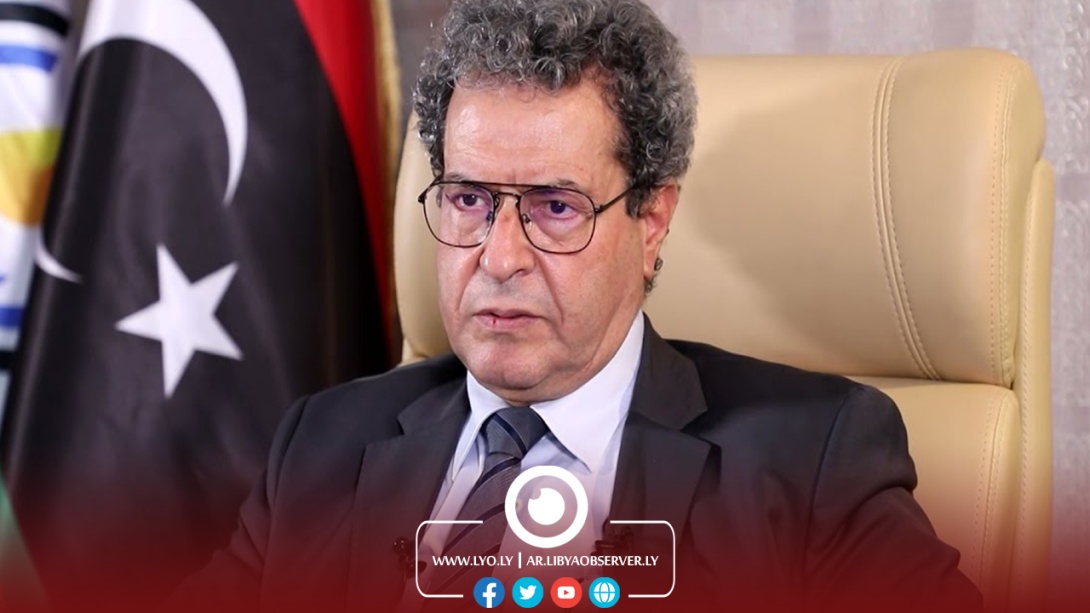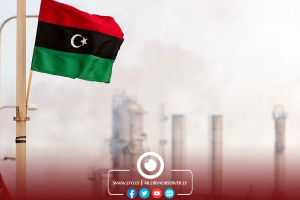The Libyan Minister of Oil and Gas, Mohammed Oun, said that Libya lost about 340,000 barrels per day (bpd) of its crude production as a result of the closure of the El Feel and Sharara fields, indicating that this would lead to a shortage in the availability of fuel for the Ubari power plant, and the return to load shedding if the closure continued.
Speaking to reporters on Saturday, Oun said that oil facilities must be left out of politics and the acts of closure must be criminalized because the only harm by these actions would affect the people, calling on officials in the east and west not to use oil as a pressing card.
Oun stressed that "if the closures extend to point 108 in Jalu: the link between Intisar field and Zueitina terminal, this will lead to a disaster that may not be resolved later, and we may not be able to use the pipeline for oil again".
The Ministry of Oil and Gas confirmed on Friday the closure of El Feel and Sharara oilfields that started on Thursday after people from Al-Zway tribe appeared in a video statement declaring their responsibility for closing the two fields and stopping production in protest against the arrest of the Minister of Finance of the former Government of National Accord, Faraj Bumatari, who hails from the same tribe.
The tribesmen said that the closure of El Feel field aimed to pressure the authorities in Tripoli to release Bumatari after his arrival at Mitiga Airport in Tripoli last Tuesday.
In the meantime, the Council of Notables of the Southeast announced the closure of the oil fields in their region and the sources of the Man-Made River in Tazirbu and Al-Sirir until the release of Bumatari, holding the Prime Minister Abdul Hamid Dbeibah responsible for his safety.






